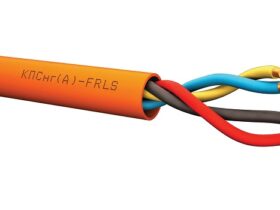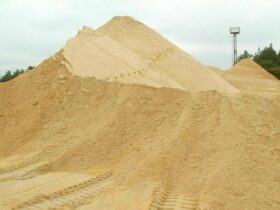Why do you need water in the country or in a country house? Irrigate your garden, replenish your pool, household or farm needs, and more. Whatever your requirements, no type of suburban water delivery beats having a source of cost-effective water right where you need it. And in most cases, the source is a well (or well).
But drilling a well requires research and planning. Companies involved in this activity receive many calls from end users asking about how the well is being drilled and what to expect from the process. Therefore, in this article, we want to answer some of the most frequently asked questions. We hope the answers will help make your drilling process as smooth as possible for you, and that they will help you get the most out of your investment..
How can I be sure I won’t be fooled by the drillers?
The first way to make sure you don’t get a bad well or dirty water is to get some information on the well drilling process, and by reading this article, you will have partially done that! The next step is to request feedback on the companies you select as potential drilling candidates..
It is important to deal with a reputable contractor who either uses a contract document with detailed reports or provides detailed information on the work that needs to be done with time and cost. A standard contract form is available upon request. This way, both you and the contractor will clearly know your responsibilities and expectations. This means that any misunderstandings can be resolved before starting work, and later, if any of the parties does not fulfill their obligations, it will be possible to ask for help..
The drilling contractor will offer to drill a well to a specific standard. Note that your local governing body may require a well log if it is deep. We suggest that you contact the licensing department or the nearest drilling contractor for additional information specifically on well design issues..
Where should I drill a well? Where the drilling rig can go?
Most residential lots are surrounded by a fence or brick walls. It can be difficult to drive a 25-ton rig to such areas just like that, all the more so to bring it up to a specific point in the yard. In industrial sites and on open farms, the choice becomes much easier because access to the site is better.
You may need to do some demolition work in order for the rig to gain access to your land, and then, after the well is drilled, some construction work may be required to rehabilitate that area. This will not be included in the drilling cost. Remember, drilling is troublesome. The reality is that drilling wells will involve some turmoil and therefore better planning for them than getting an unpleasant surprise on the day of drilling. Discuss this with the drilling contractor and make sure they can come up with a solution that is practical for your property while still giving the well the best chance of success..
Where is the most likely location to cross a reliable aquifer?
Start with basic research. Are there other wells nearby (neighbors)? If there is, this is a good sign, but it is not a guarantee that you will also get access to the water. You can also talk to a driller who works in your area to get an idea of how many wells they have drilled in your area and how much water is in those wells..
Considering that drilling is a significant investment, you can use the services of a hydrogeologist prior to drilling. A hydrogeologist can survey your land to pinpoint the location that gives you the best chance of crossing strong water currents. To do this, engineers will use published data (such as groundwater maps) and, in some cases, geophysical tools. Under the right conditions, these methods are highly effective..

















Оставить коммент.